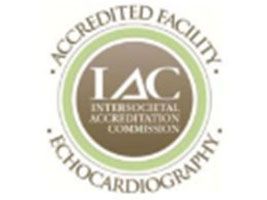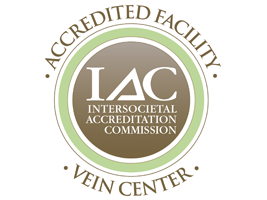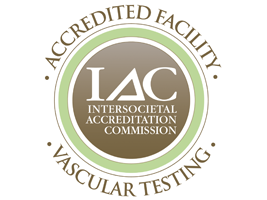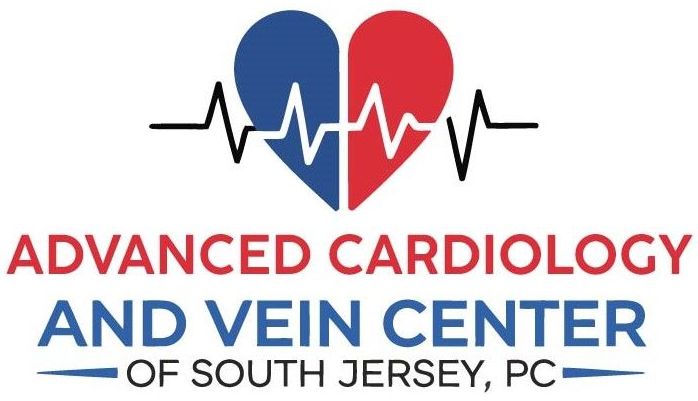6 Questions to Ask Your Cardiologist at Your First Appointment
Attending your first appointment with a local cardiologist can feel overwhelming, especially if you’re unsure what to ask or what to expect. Taking the time to prepare questions in advance not only makes the visit less stressful but also ensures you gain the most accurate and helpful information about your heart health. Understanding your cardiovascular risks, recognizing potential symptoms, and learning about diagnostic tests and treatment options are all essential steps in building a proactive approach to heart care. By being informed and prepared, you can actively participate in your healthcare decisions and feel more confident in managing your well-being.
Whether you are visiting a cardiologist for routine check-ups, follow-ups, or due to specific concerns, knowing what to discuss during your first appointment can significantly impact the effectiveness of your care. This guide outlines the key questions to ask, focusing on everything from lifestyle and diet to monitoring and long-term planning, helping you make the most of your time with your cardiologist.
1. Assess Your Risk Factors
Understanding your personal risk factors is key to maintaining heart health. According to the World Health Organization, cardiovascular diseases are the leading cause of death globally, claiming nearly 18 million lives annually. Discussing your individual risk factors with your local cardiologist, such as high blood pressure, high cholesterol, smoking habits, and obesity, helps form a clear picture of your cardiovascular risk and guides preventative strategies.
Family history and genetics play a crucial role in heart health. Inform your cardiologist about any relatives with heart disease, as hereditary factors can increase your vulnerability. Lifestyle factors like diet, exercise, and stress levels also influence cardiovascular outcomes. Working with your cardiologist to identify changes you can make early on may help reduce your overall risk and improve long-term heart health.
Age and gender are additional determinants of cardiovascular risk. Men often experience higher risk earlier in life, whereas women’s risk increases after menopause. Your cardiologist may recommend tests such as echocardiograms, stress tests, or blood panels based on these factors, allowing for tailored evaluation and preventative care. These assessments help ensure any risks are addressed promptly.
2. Identify and Clarify Symptoms
Recognizing the signs of heart issues is essential to prevent complications. Your cardiologist can guide you in distinguishing normal variations from symptoms that require attention. Common indicators include chest pain, shortness of breath, palpitations, and unusual fatigue. Understanding these warning signs is critical for timely intervention and effective care.
It’s also important to differentiate between minor discomfort and serious warning signs. For example, chest pain can stem from indigestion or muscular strain rather than heart disease. Your local cardiologist can provide context and help you interpret symptoms accurately, reducing unnecessary anxiety while ensuring serious concerns are not overlooked.
Some symptoms demand urgent action, such as sudden, severe chest pain, fainting, or prolonged difficulty breathing. Keeping a symptom diary and sharing it with your cardiologist can improve diagnostic accuracy and guide immediate treatment decisions. Documenting your experience ensures that no important details are missed during your evaluation.
3. Review Diagnostic Procedures
Knowing what tests you will undergo and their purposes can ease anxiety during your initial visit. Your local cardiologist may recommend echocardiograms, electrocardiograms (EKGs), stress tests, or blood work to assess heart function. Each test provides unique insights, helping develop a comprehensive understanding of your cardiovascular health.
Understanding the process, potential risks, and expected outcomes of each diagnostic procedure is crucial. While most tests are low-risk, being informed helps you feel more comfortable. Your cardiologist can explain how long procedures take, what to expect during recovery, and any preparation needed beforehand.
Receiving and interpreting results is another important step. Ask your cardiologist how you will access your results, whether in person, by phone, or via a patient portal. Knowing when follow-up actions or additional testing may be required allows you to take the next steps confidently in your heart health journey.
4. Evaluate Treatment Options
Discussing treatment options with your cardiologist ensures you understand the available strategies for managing your condition. Options may include medications, lifestyle adjustments, or in severe cases, surgical interventions. Each approach carries potential benefits and side effects, which should be fully reviewed with your cardiologist to make informed decisions.
Monitoring the effectiveness of your treatment plan is equally important. Your local cardiologist can explain how progress will be evaluated through follow-up appointments or testing. Additionally, alternative or complementary therapies, such as dietary supplements or non-invasive treatments, may support your primary care strategy and improve overall outcomes.
Considering long-term effects is essential when weighing treatment options. Immediate relief may be appealing, but certain approaches may impact your health over time. Discussing both short- and long-term implications with your cardiologist allows you to make choices that align with your health goals and lifestyle preferences.
5. Implement Lifestyle and Dietary Changes
Lifestyle modifications are a cornerstone of cardiovascular health. Diet plays a significant role, so incorporating fruits, vegetables, lean proteins, and whole grains while reducing sodium, sugar, and saturated fats can protect your heart. Your local cardiologist can provide personalized guidance tailored to your nutritional needs.
Regular exercise is another critical component. Activities like brisk walking, swimming, or cycling strengthen the cardiovascular system and improve overall well-being. Your cardiologist can help determine the right intensity and frequency based on your health status, ensuring a safe and sustainable routine.
Managing stress and prioritizing sleep are equally important for heart health. Chronic stress triggers hormones that increase cardiovascular risk, while insufficient sleep can negatively affect heart function. Techniques such as mindfulness, yoga, or relaxation exercises, combined with consistent sleep schedules, support overall cardiac wellness as advised by your cardiologist.
6. Plan for Future Follow-Up and Monitoring
Regular follow-up appointments with your local cardiologist are essential to track your heart health and make timely adjustments to your care plan. Your cardiologist can help determine the frequency of visits and identify signs that may require earlier evaluation. Proactive follow-ups reduce the risk of complications and improve long-term outcomes.
Technology can enhance monitoring between visits. Devices like blood pressure monitors and heart rate trackers allow you and your cardiologist to keep real-time data for better care management. Digital resources can also provide support, educational information, and tools to help you remain engaged in your heart health journey.
Collaboration with your primary care provider ensures continuity of care. They can coordinate treatments, provide education, and monitor progress, complementing the specialized care from your local cardiologist. Maintaining open communication between both providers ensures comprehensive, efficient, and coordinated management of your cardiovascular health.
Your first appointment with a cardiologist is a pivotal opportunity to take control of your heart health. By asking well-prepared questions and carefully listening to the guidance provided, you can ensure comprehensive, personalized care that supports both prevention and treatment. Preparing in advance empowers you to actively participate in decisions that shape your long-term cardiovascular wellness, giving you greater confidence in managing your heart health every day.
Remember, understanding your risk factors, monitoring symptoms, and following through with recommended tests and lifestyle changes are all part of building a proactive heart health plan. Taking these steps now can help prevent future complications and improve your overall quality of life. To begin this journey with expert guidance, we invite you to schedule an appointment with Advanced Cardiology and Vein Center of South Jersey so we can partner with you in safeguarding your heart health and achieving lasting well-being.















Share On: